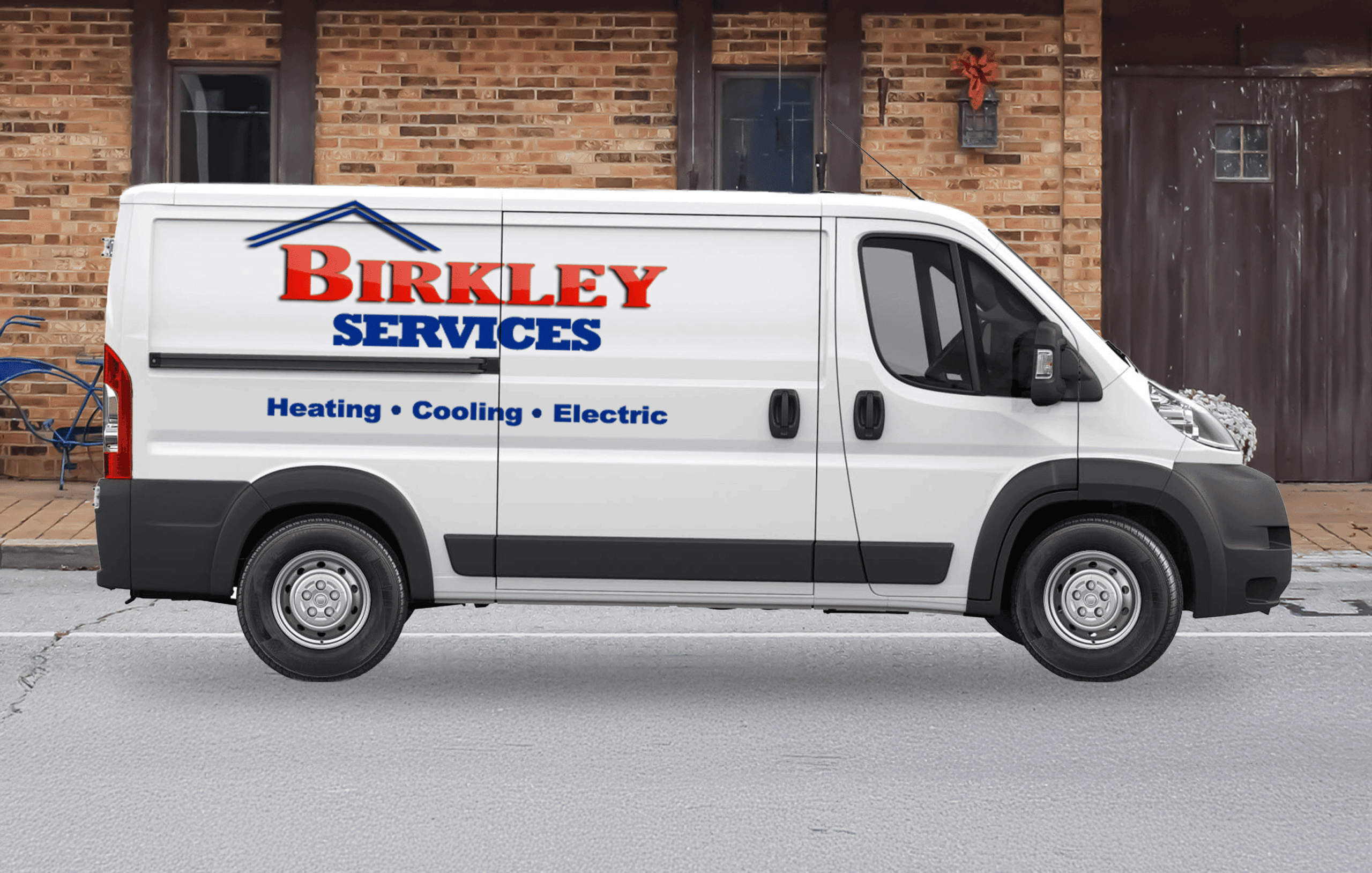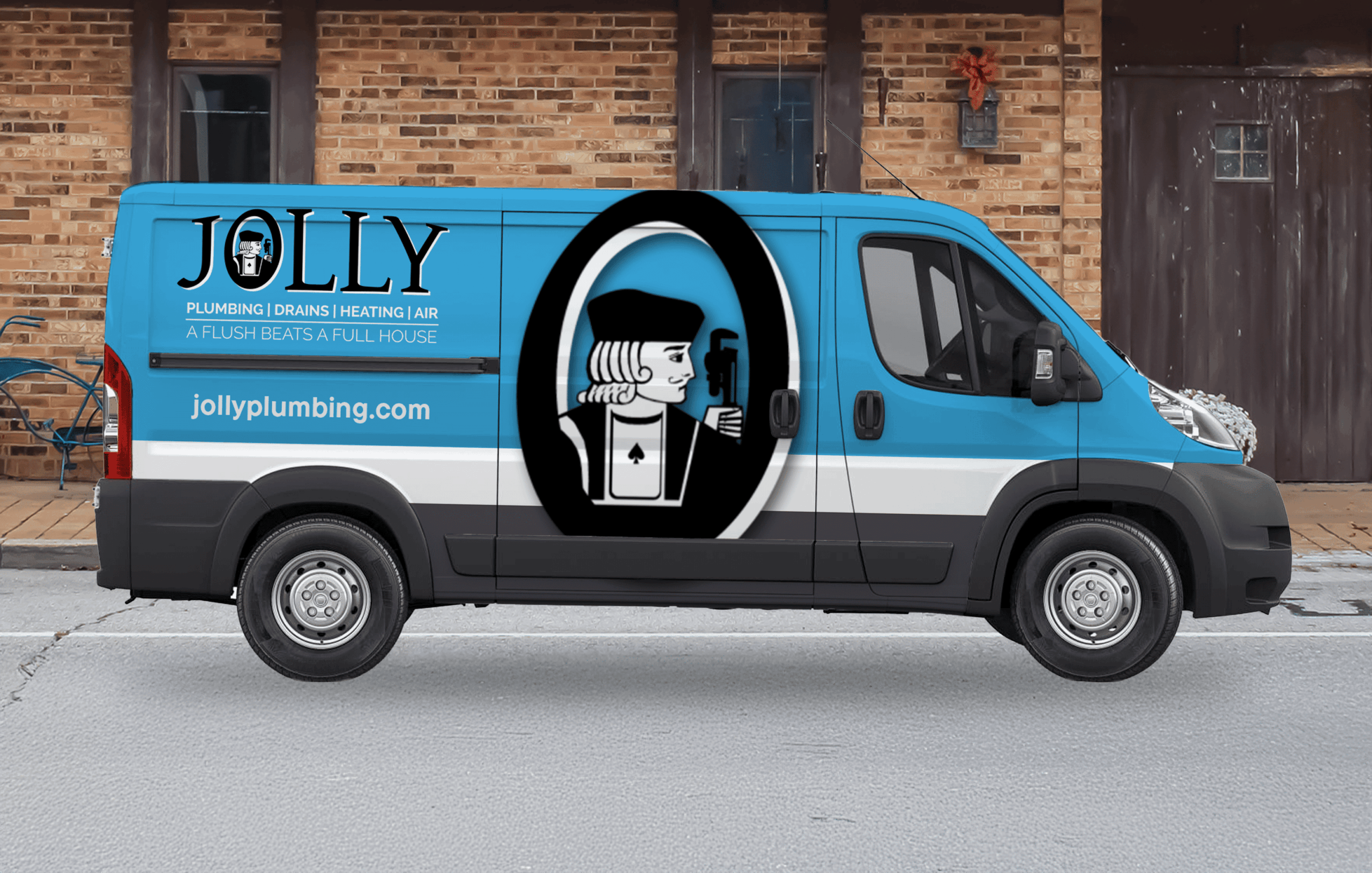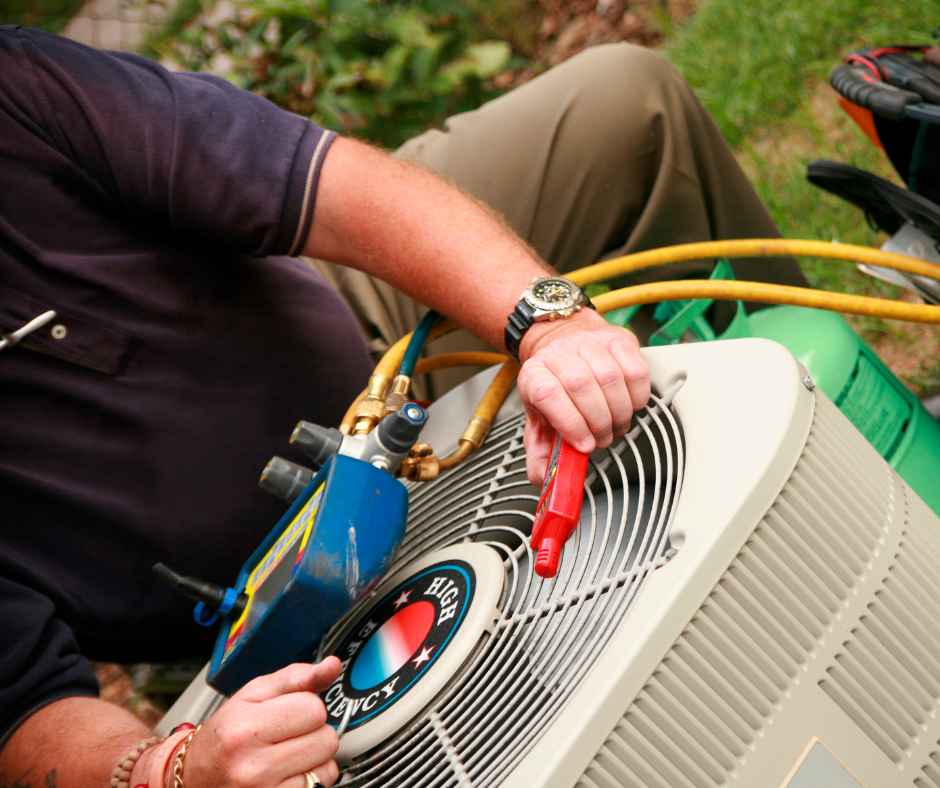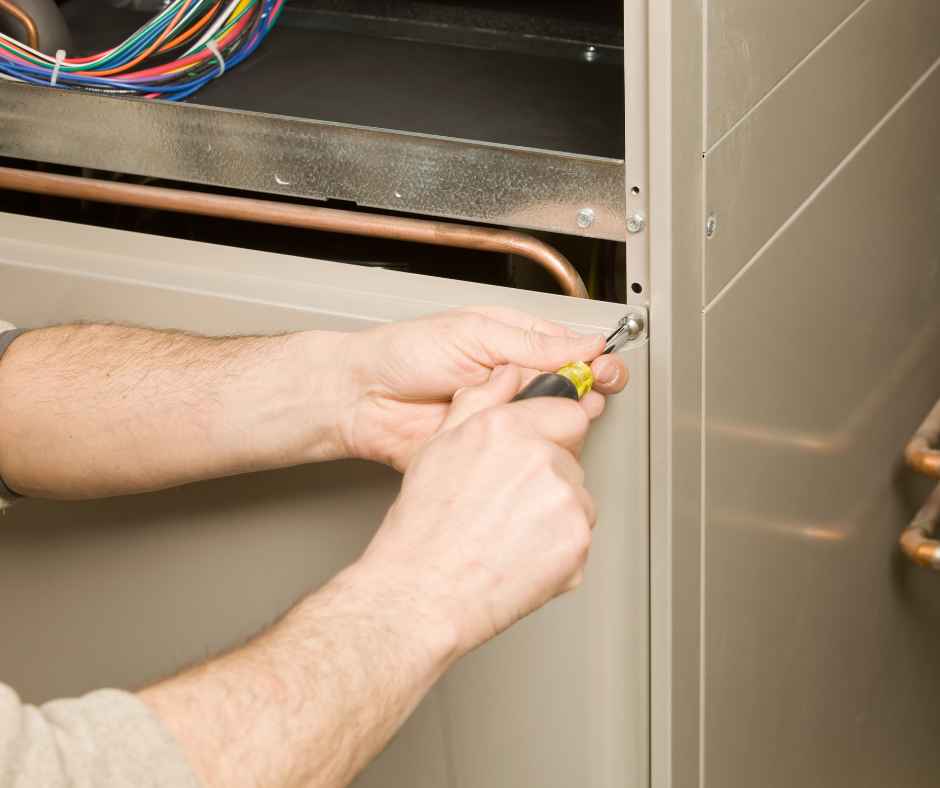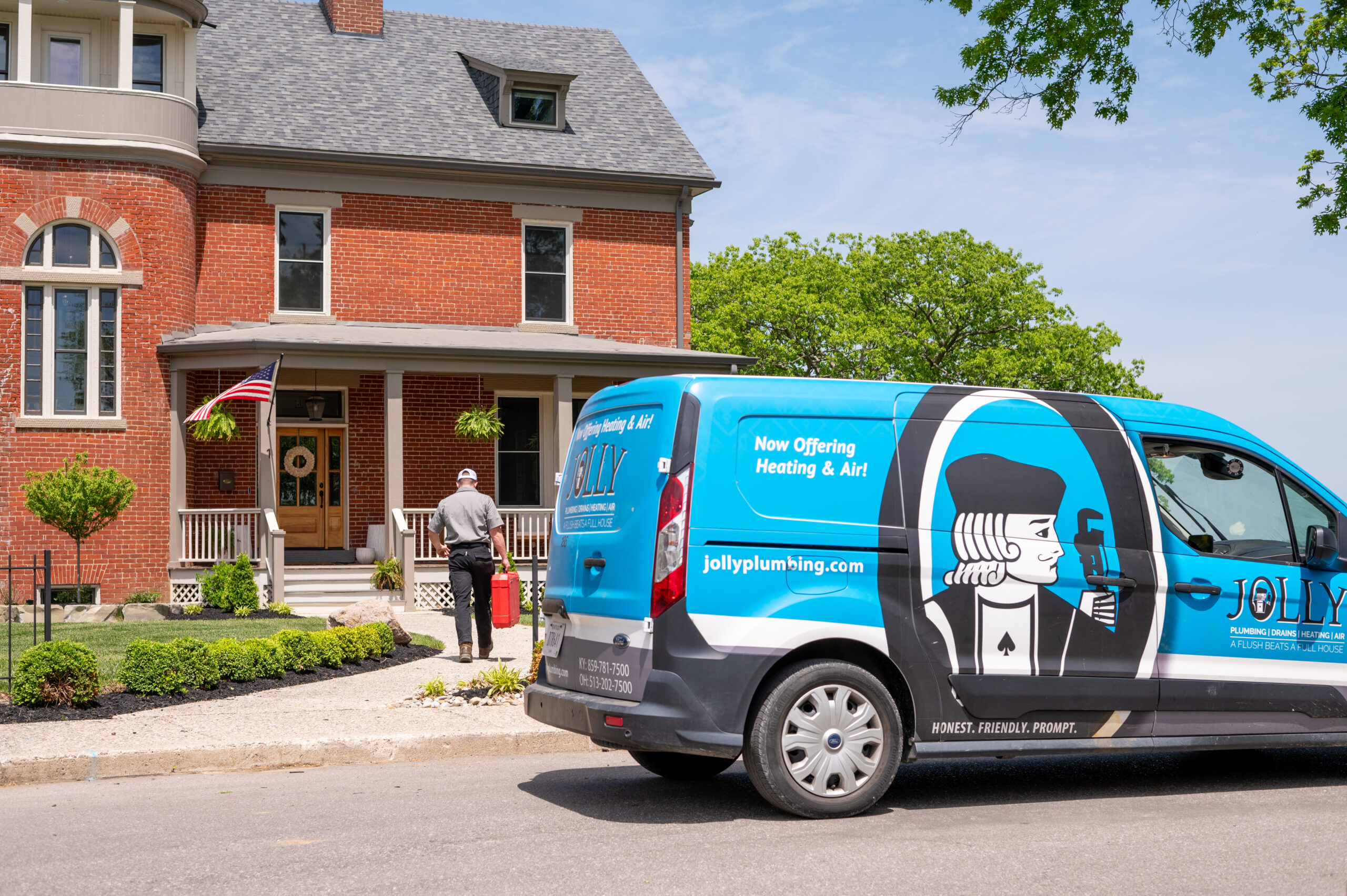In the hustle and bustle of our modern lives, we often underestimate the significance of the air we breathe indoors. The quality of indoor air plays a pivotal role in our health, comfort, and overall well-being. Whether you’re at home or in the office, the air you inhale can have a direct impact on your respiratory health, allergies, and even your productivity.
At Jolly Plumbing, Drains, Heating, & Air, we understand the importance of clean indoor air, and we’re committed to creating a healthier living environment for the communities of Northern Kentucky and Greater Cincinnati. In this article, we will delve into the world of indoor air quality assessments. We aim to shed light on their purpose, how they are conducted, and how they relate to plumbing, heating, and air systems. Keep reading to learn more.
What Is an Indoor Air Quality Assessment?
An indoor air quality assessment is a comprehensive evaluation of the air within your living or working space. Its primary goal is to identify and analyze various pollutants and contaminants that may be present in the indoor environment. This evaluation encompasses a range of factors, including temperature, humidity, and the presence of harmful substances.
Before the Assessment: Preparation and Planning
Before the assessment begins, you’ll typically schedule an appointment with a professional indoor air quality specialist. During this initial phase, you’ll discuss your concerns, any existing respiratory symptoms, or specific issues you’ve noticed in your indoor environment. This information helps the technicians tailor the assessment to address your unique needs.
During the Assessment: The Evaluation Process
The process usually starts with a thorough visual inspection of your indoor space. The specialist will look for potential sources of pollutants and signs of moisture or mold growth, then assess the general ventilation system. Next, we use state-of-the-art instruments to collect data. These include:
- Air Quality Monitors: These devices measure parameters like temperature, humidity, and the levels of various pollutants in the air.
- Air Samplers: These collect samples of indoor air, which can later be analyzed in a laboratory for the presence of mold spores, allergens, and other particles.
- Pollutant Sampling: Depending on the identified concerns, the specialist may use swabs or collection kits to gather samples from specific areas.
Over a specific period, data is continuously collected using the instruments. This information provides a comprehensive overview of indoor air quality, identifying fluctuations and patterns that can offer valuable insights.
After the Assessment: Analysis and Recommendations
Once the data collection phase is complete, our technicians analyze the gathered information. They interpret the results to identify any potential sources of pollutants, the extent of contamination, and its impact on your health and well-being.
Based on the analysis, we will provide you with a detailed report outlining their findings and recommendations. This report may include the specific pollutants detected and their concentrations as well as recommendations for addressing identified issues.
Common Pollutants Detected in Indoor Air Quality Assessments
Indoor air quality assessments can identify a wide array of pollutants that may go unnoticed by the naked eye. Some of the most common contaminants are:
- Volatile Organic Compounds (VOCs): These are chemicals released by various household products, such as paints, cleaning agents, and furniture. Prolonged exposure to VOCs can lead to respiratory issues and other health concerns.
- Mold and Mildew: Damp and poorly ventilated spaces can become breeding grounds for mold and mildew, which release spores that can trigger allergies and worsen respiratory conditions.
- Allergens: Pet dander, pollen, and dust mites are notorious indoor allergens that can lead to discomfort and health issues, especially for individuals with allergies.
- Carbon Monoxide and Harmful Gasses: Poorly maintained heating systems or appliances can lead to the accumulation of carbon monoxide and other harmful gasses, which can be life-threatening.
The Link Between Plumbing, Heating, and Air Systems to Indoor Air Quality
The intricate relationship between plumbing, heating, and air systems and indoor air quality is often overlooked. Neglected plumbing can result in moisture buildup, fostering mold growth and compromising air quality. Moreover, heating and air systems play a pivotal role in distributing pollutants throughout your indoor space. Contaminated air can easily circulate, exacerbating respiratory issues and allergies.
Regular maintenance of plumbing systems is crucial to prevent the issues above. Similarly, HVAC systems must be clean and well-maintained to ensure the efficient circulation of clean air. Partnering with experts like us is one step you can do to ensure the optimal functioning of your systems.
Tips for Maintaining Optimal Indoor Air Quality
Maintaining a healthy indoor environment requires a proactive approach. Here are the steps you can follow.
- Regular HVAC Cleaning and Maintenance: Schedule routine HVAC inspections, cleanings, and filter replacements to ensure that your heating and cooling systems are working efficiently and circulating clean air.
- Proper Ventilation Techniques: Ensure adequate ventilation by opening windows and using exhaust fans in kitchens and bathrooms to expel indoor pollutants.
- Reducing VOC Emissions: Opt for low-VOC or VOC-free products. You can also limit the use of strong-smelling cleaning agents, paints, and other volatile substances.
- Promptly Address Plumbing Issues: You have to repair leaks, drips, and other plumbing problems promptly to prevent the growth of mold and the spread of contaminants.
How Jolly Plumbing, Drains, Heating, and Air Can Help
At Jolly Plumbing, Drains, Heating, & Air, we take pride in our expertise in diagnosing and addressing indoor air quality concerns. Our comprehensive services include:
- Indoor Air Quality Assessments: Our skilled professionals conduct thorough assessments to identify pollutants and provide tailored solutions.
- Plumbing Services: We offer expert plumbing services to prevent moisture-related issues and mold growth.
- HVAC Maintenance: Our team ensures that your heating and cooling systems are clean, well-maintained, and providing optimal indoor air quality. If needed, we can even install HVAC systems that include dehumidifiers as well as humidifier units. The latter is ideal for homes with too dry air.
Final Thoughts
In the pursuit of a healthier and more comfortable living or working space, prioritizing indoor air quality is non-negotiable. The air we breathe profoundly impacts our health, and neglecting it can have far-reaching consequences.
By investing in indoor air quality assessments and partnering with reputable companies like us, you are taking a proactive step toward safeguarding your well-being. Contact us today to learn more or to schedule an indoor air quality assessment service.
